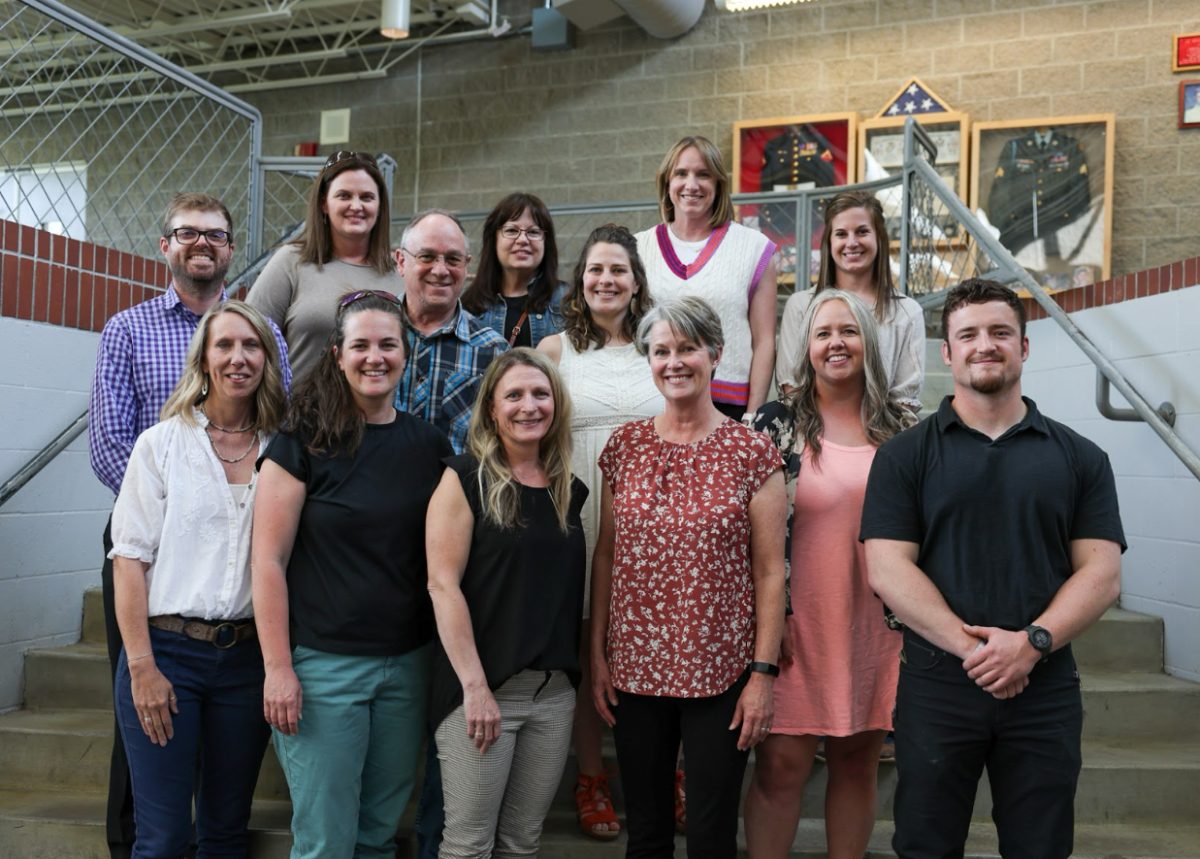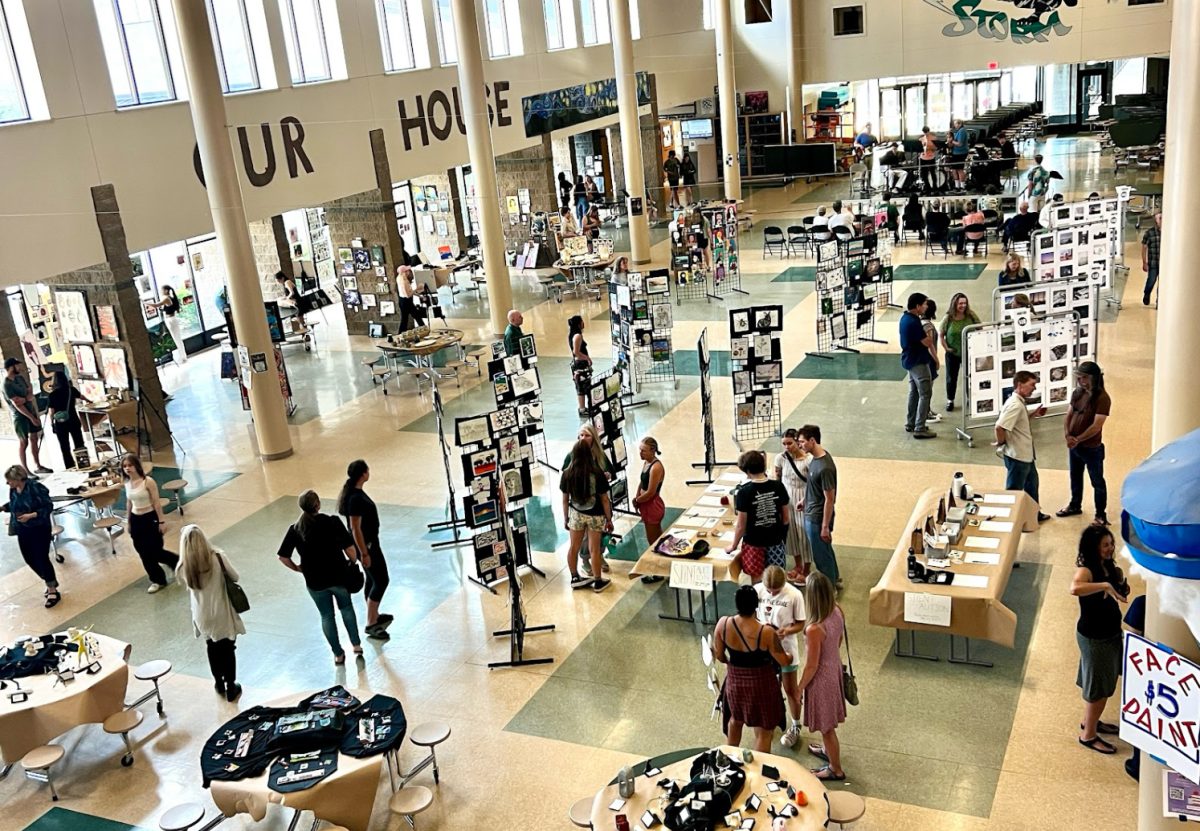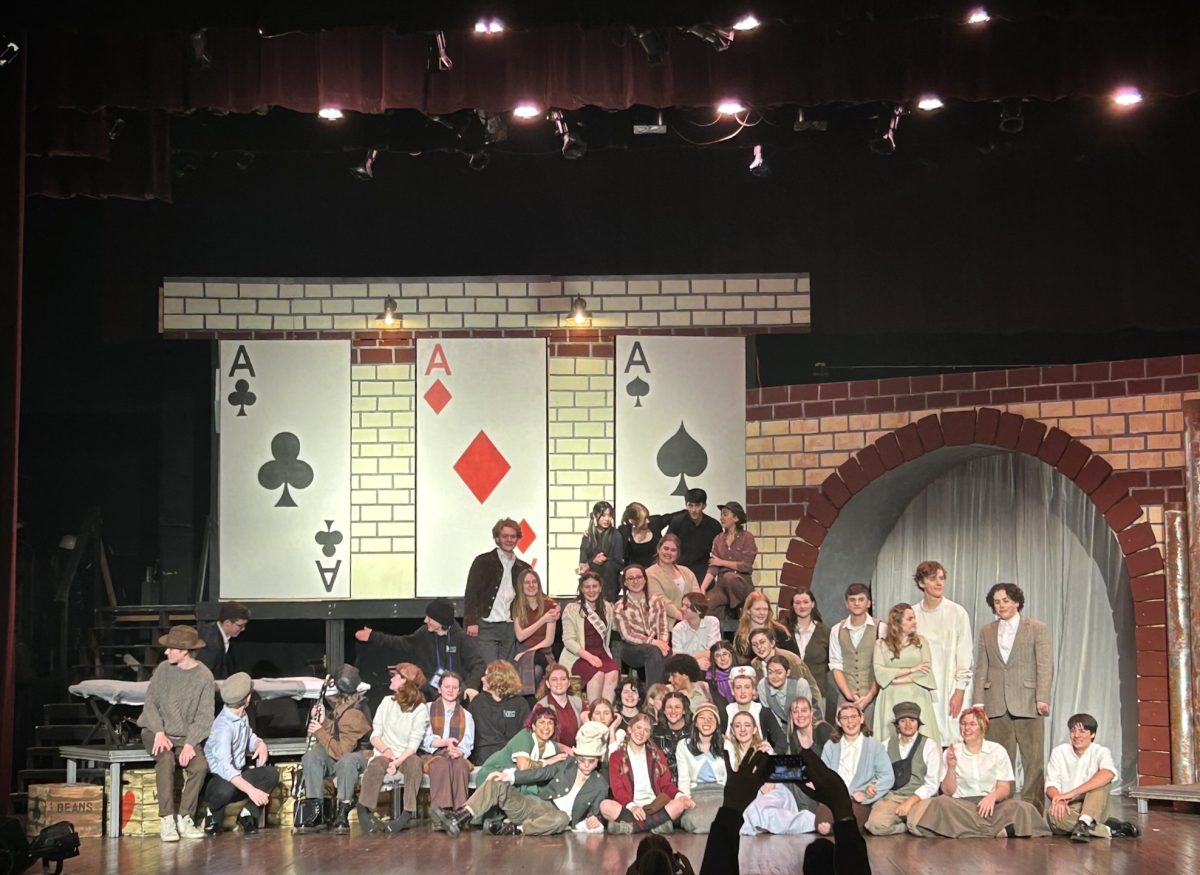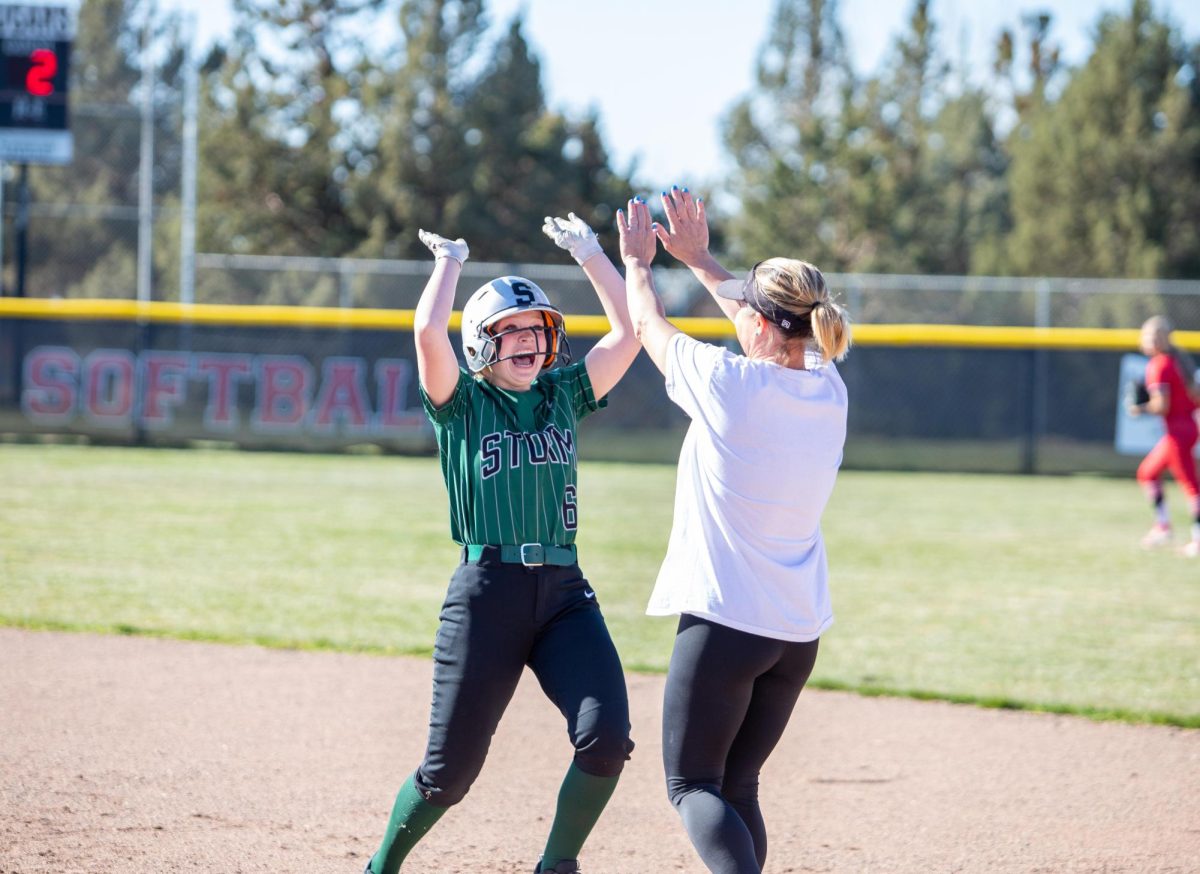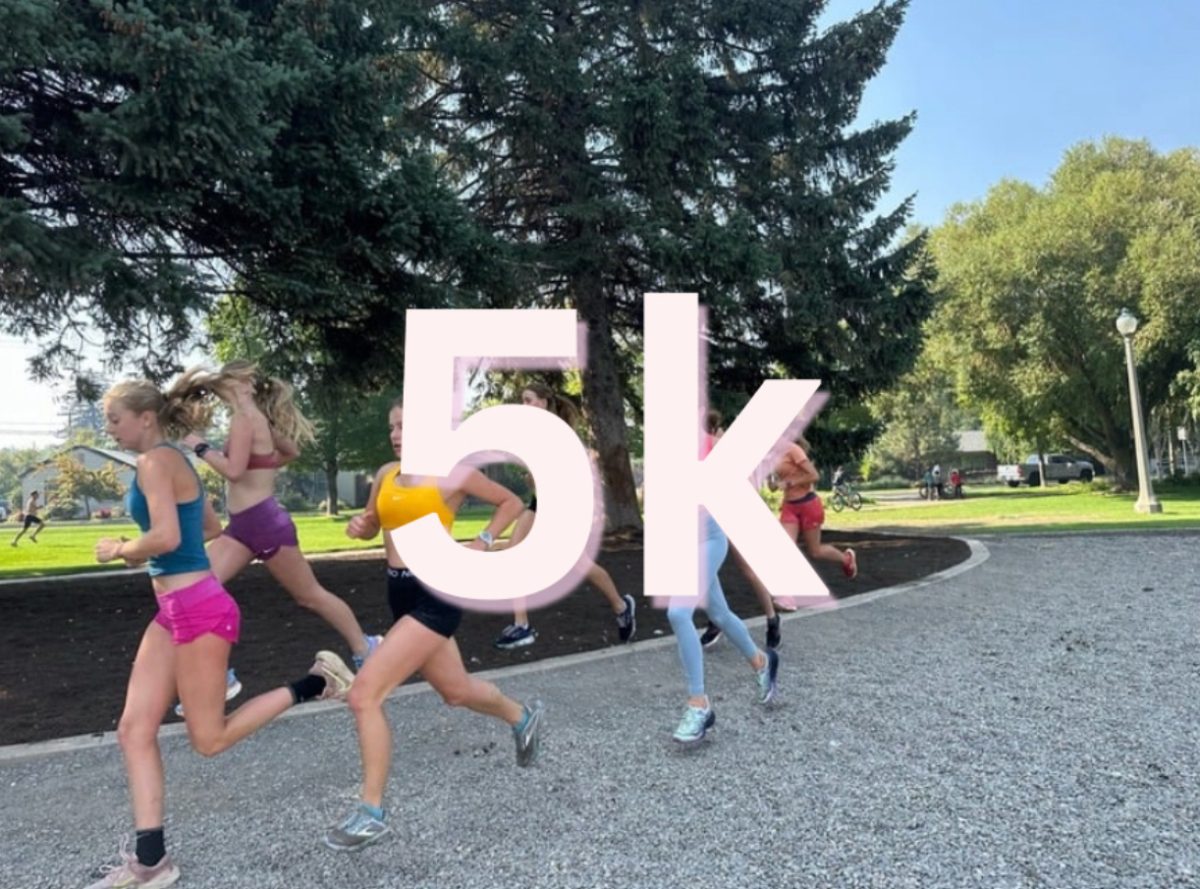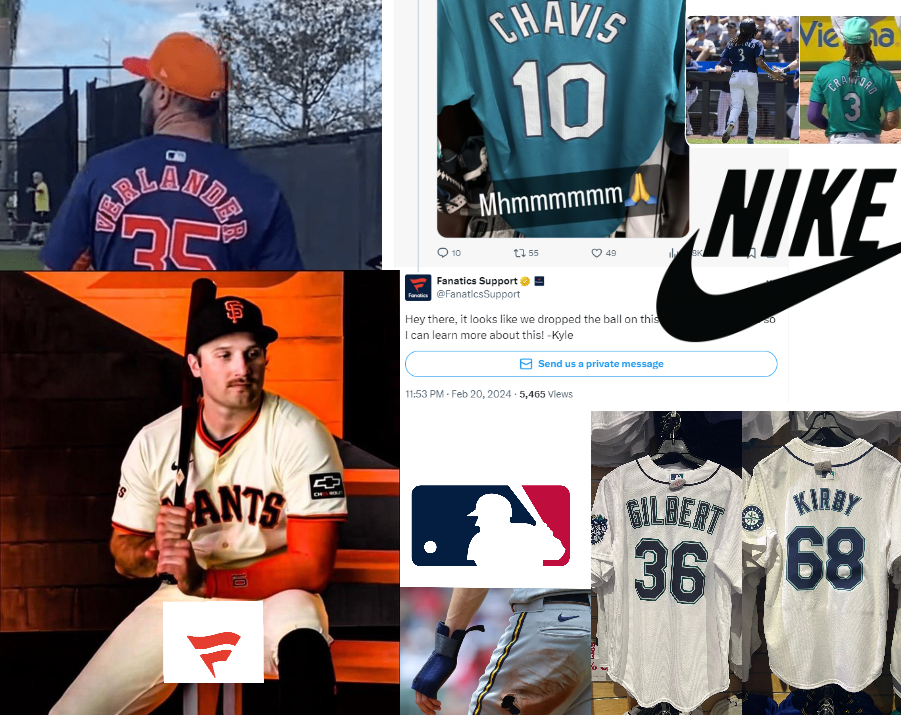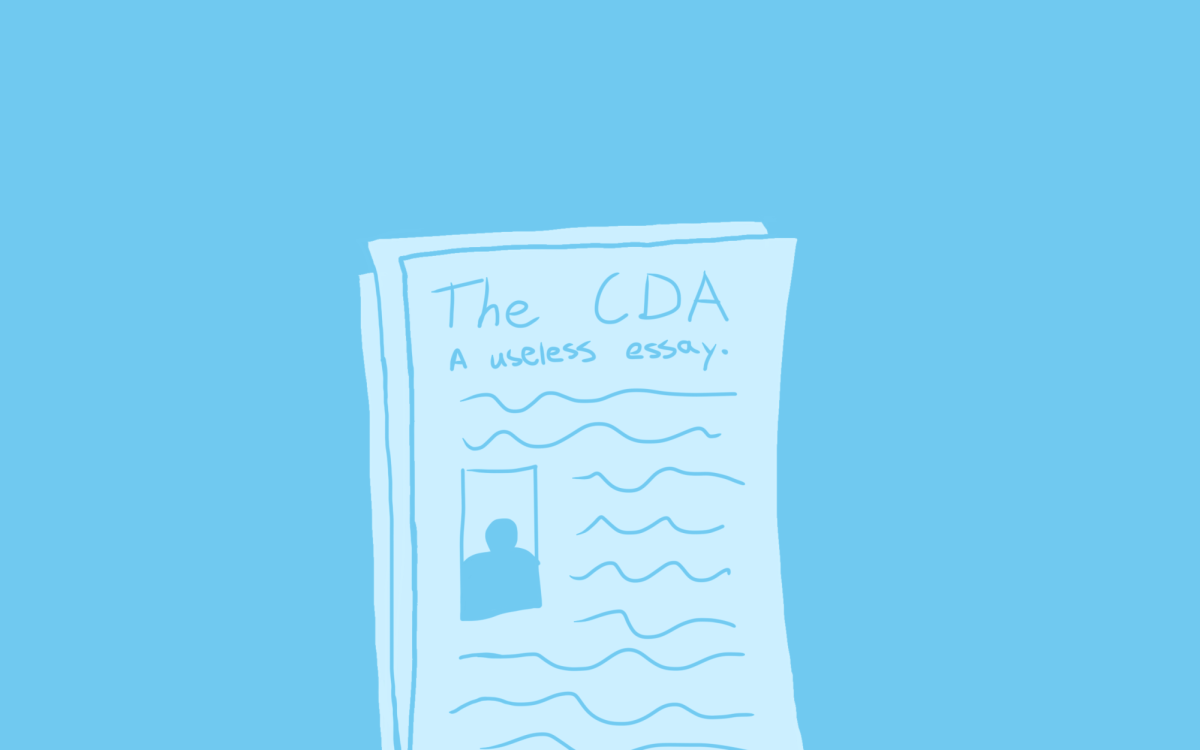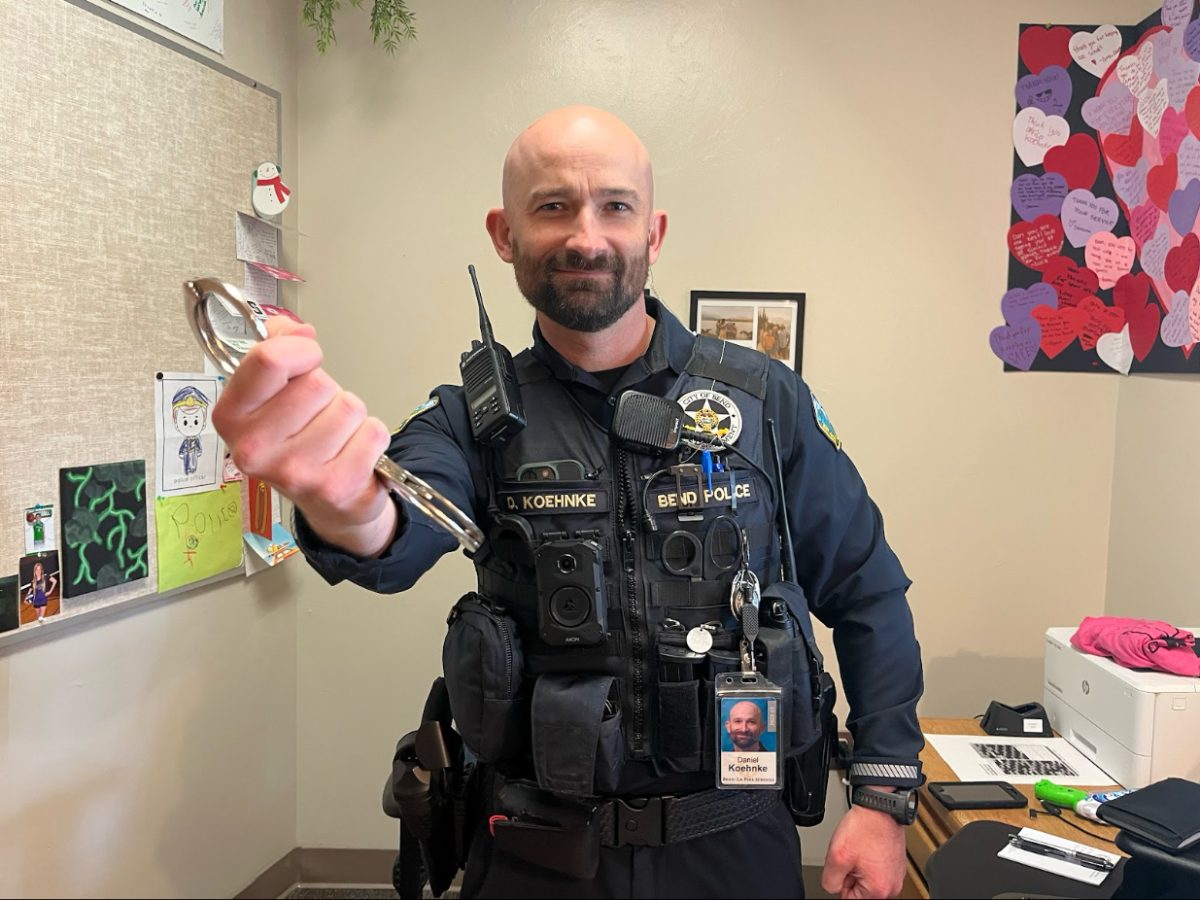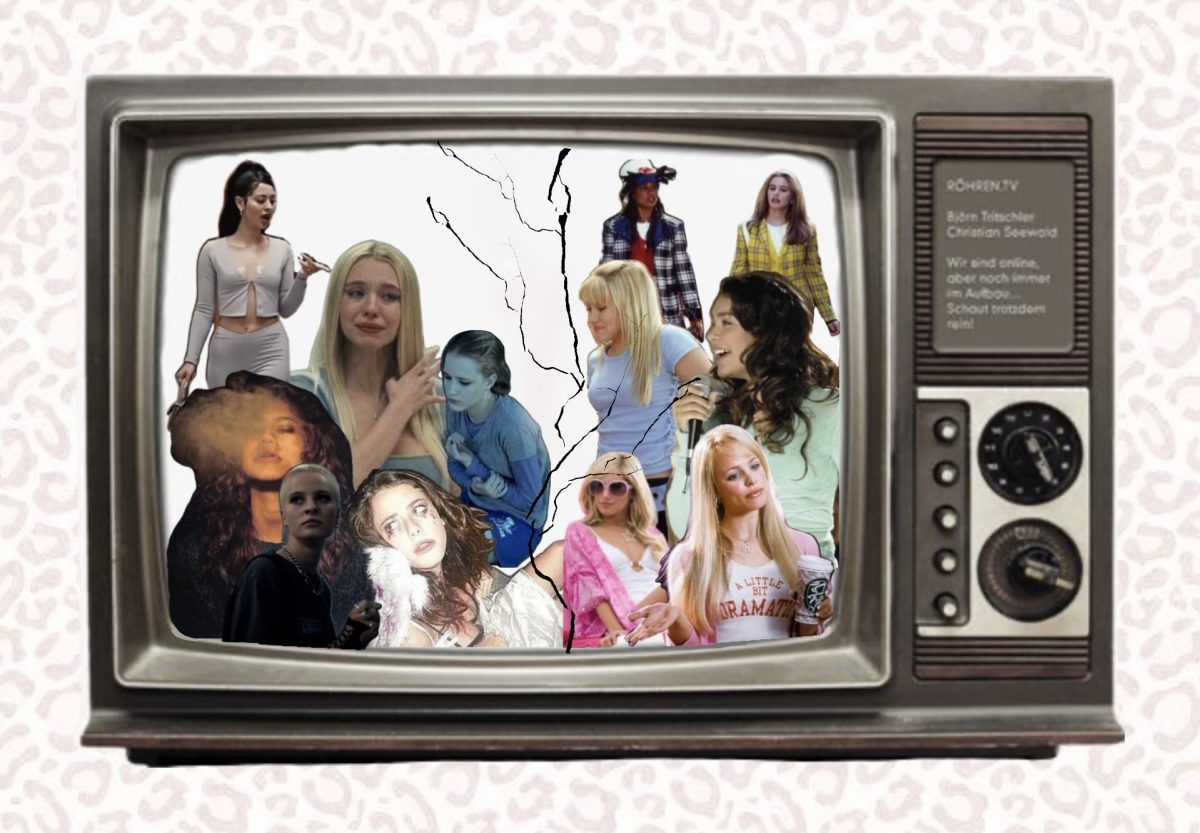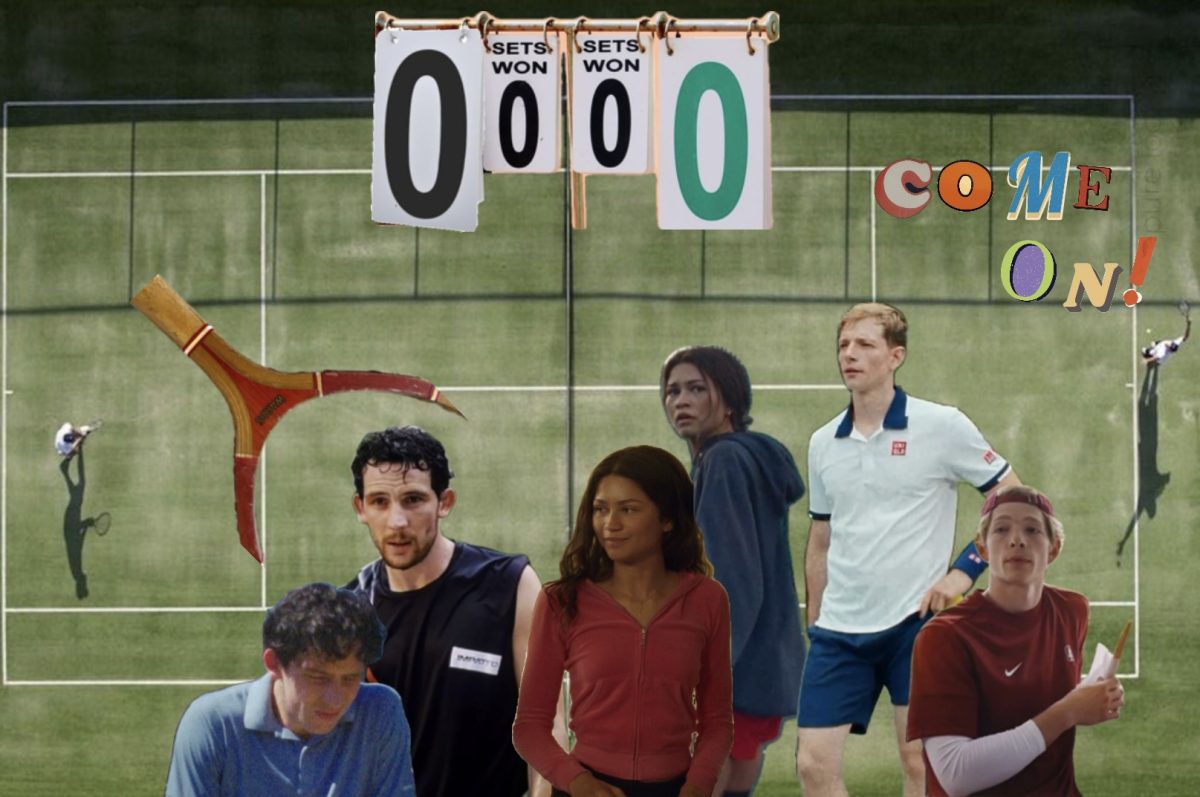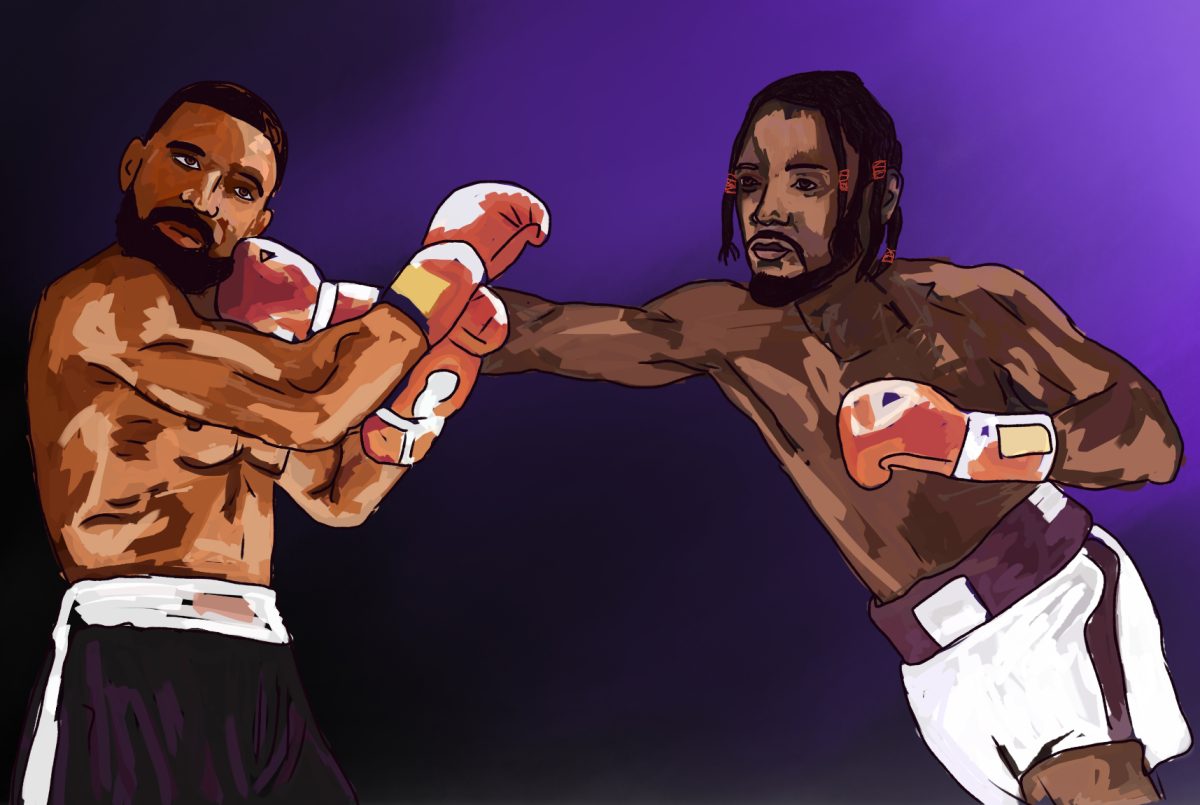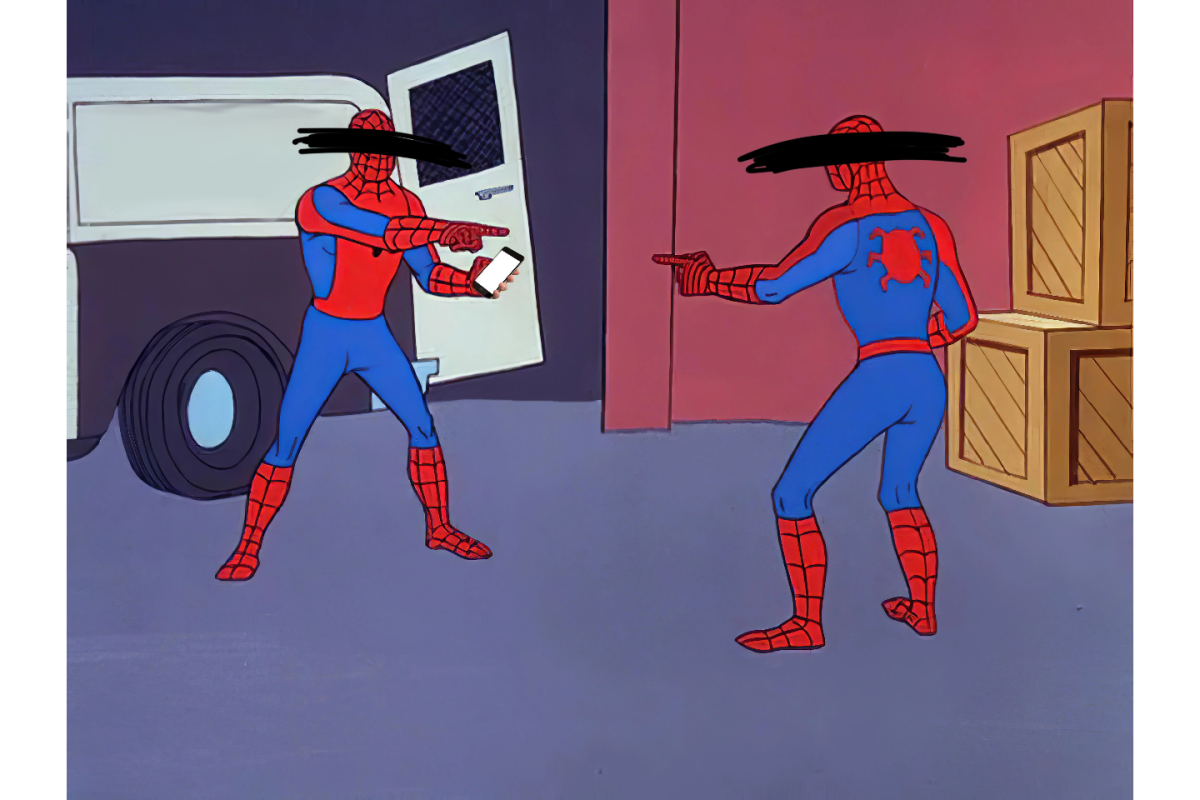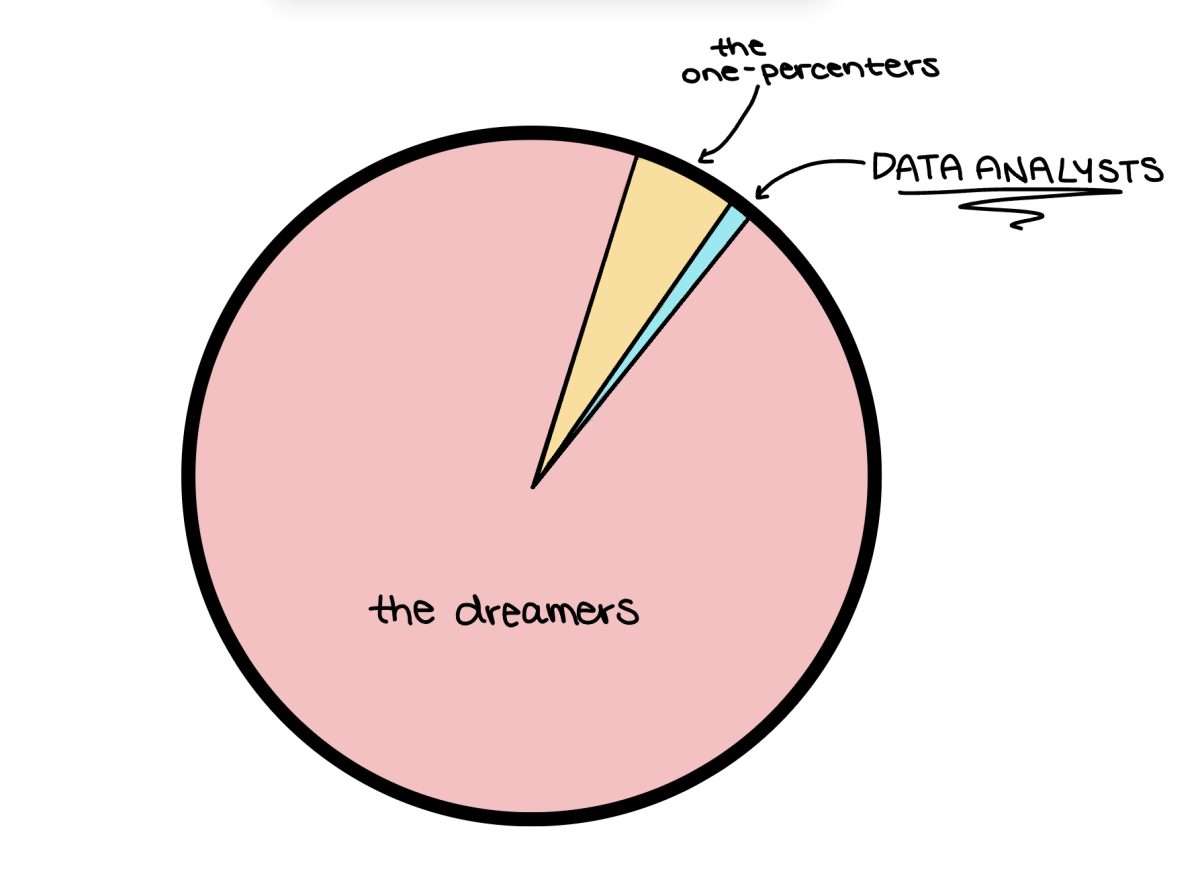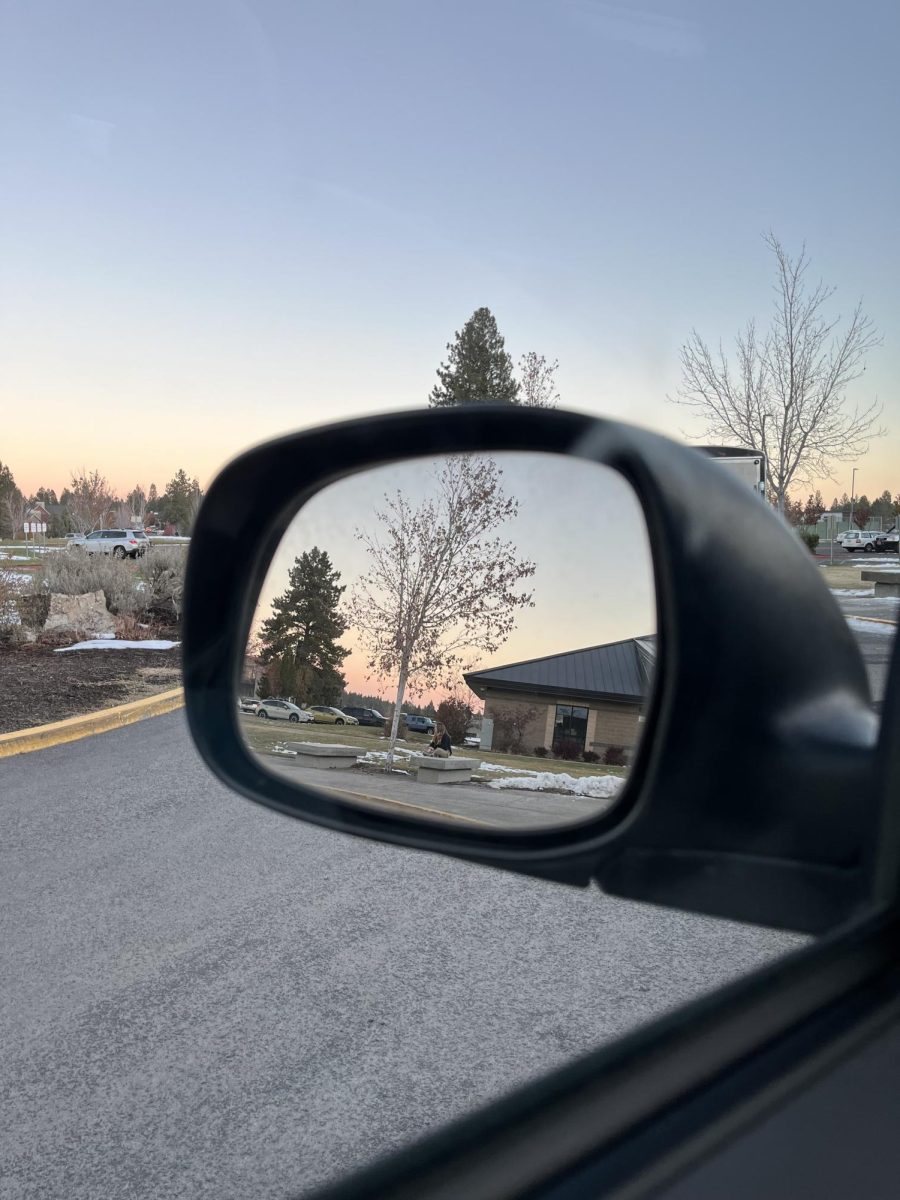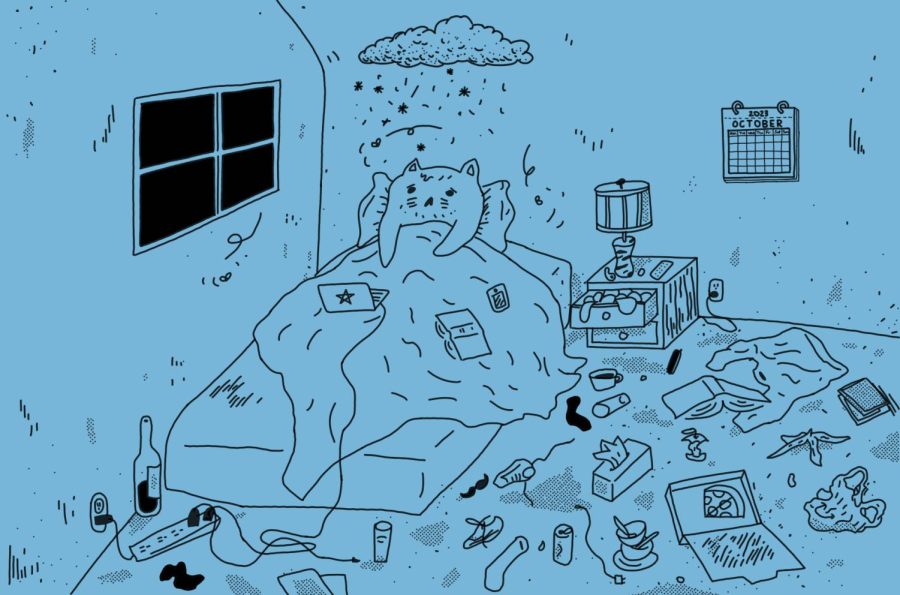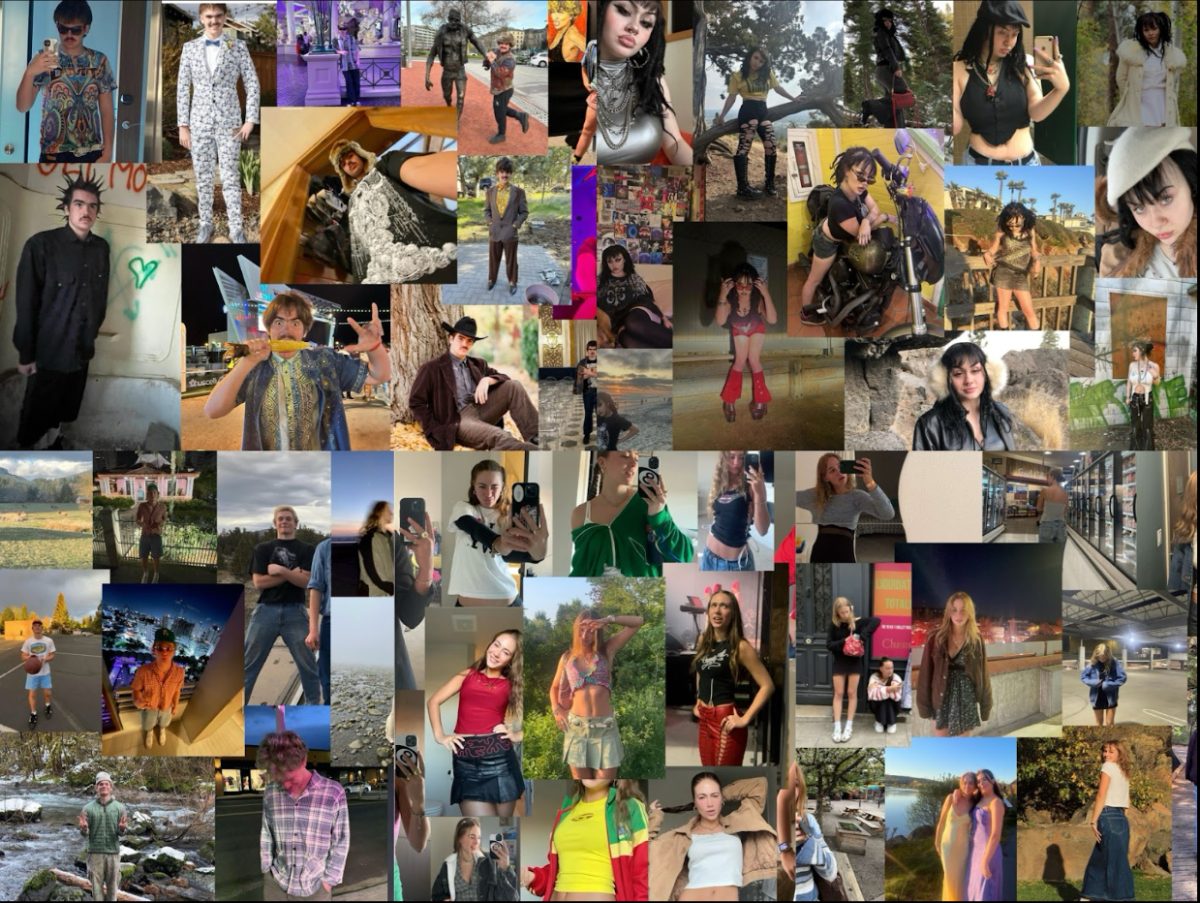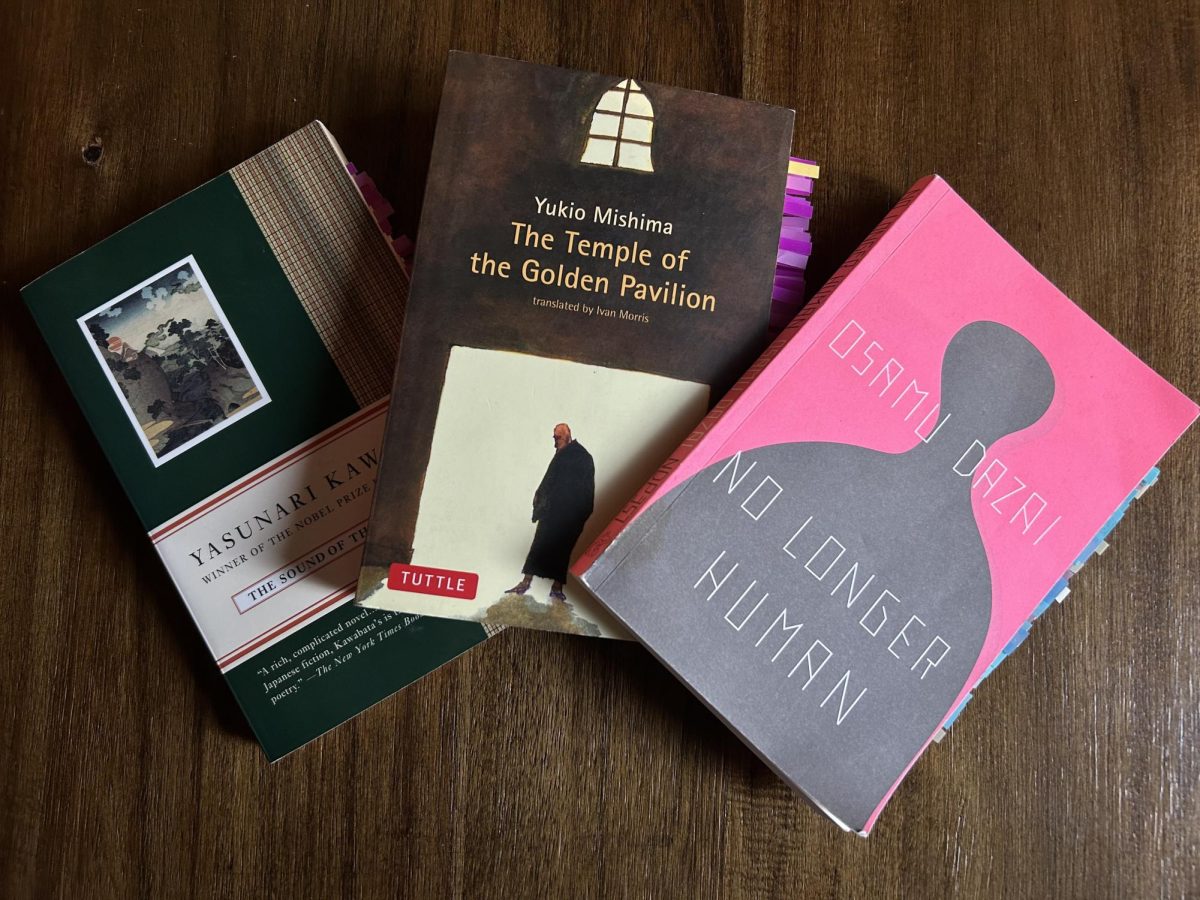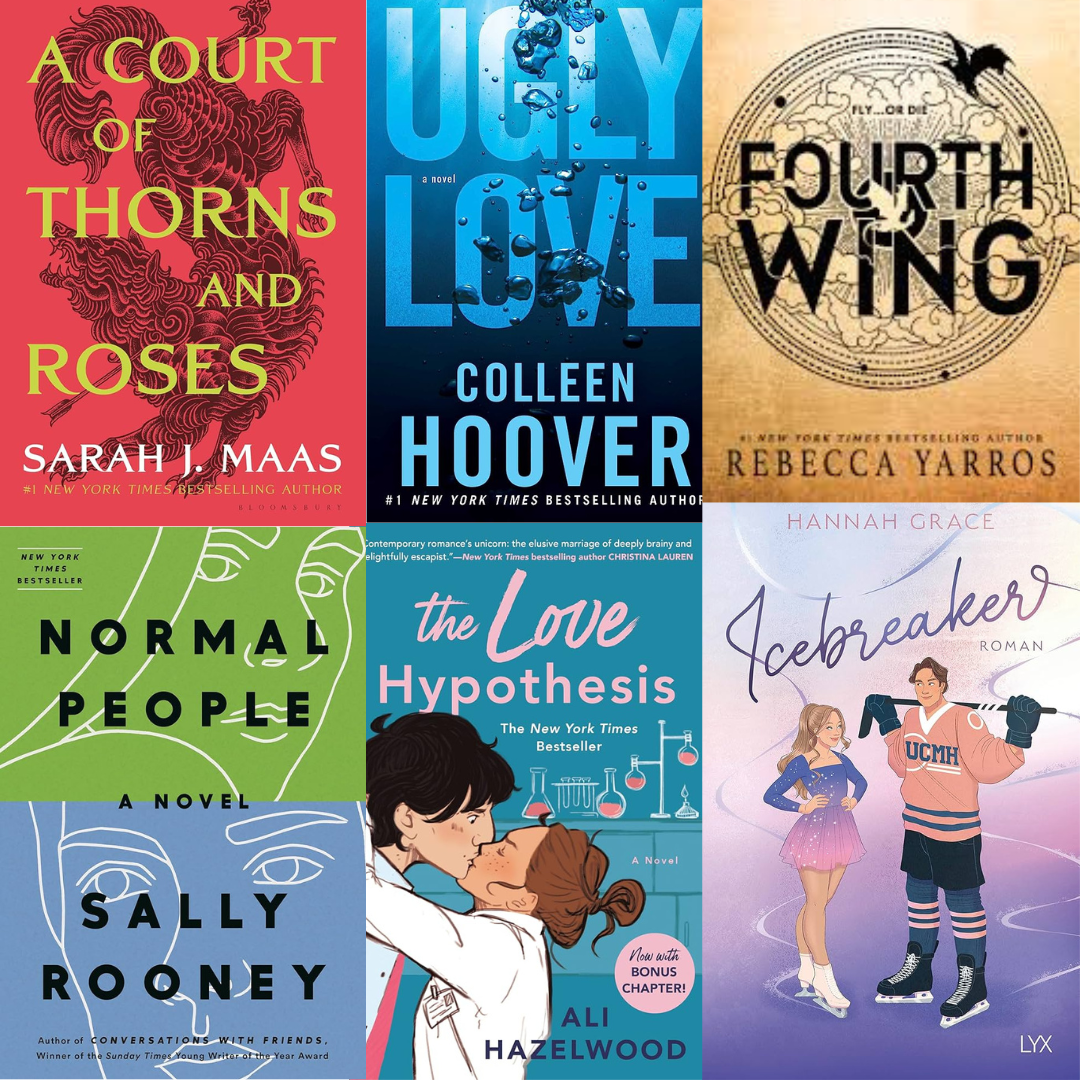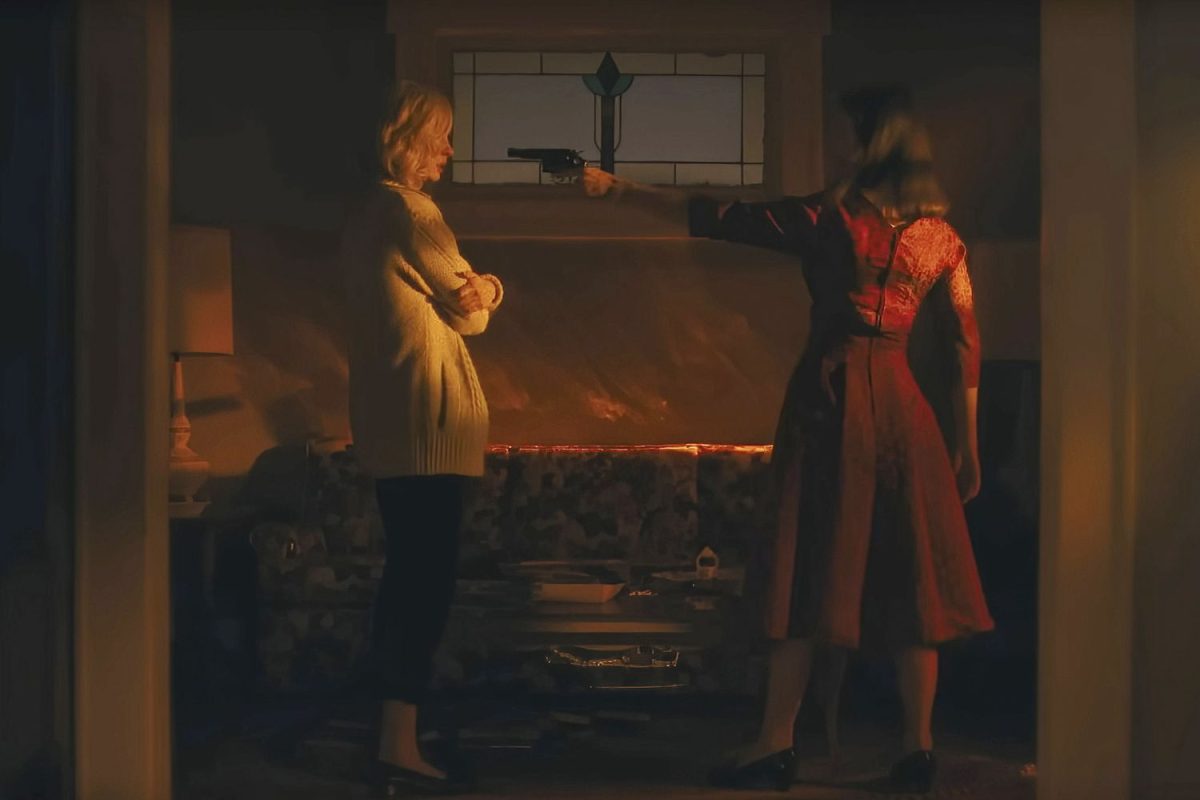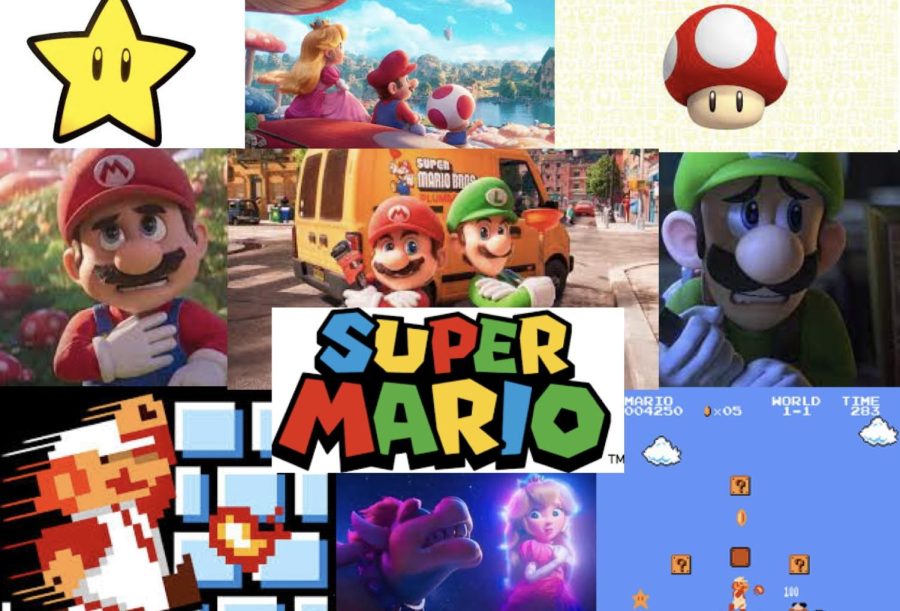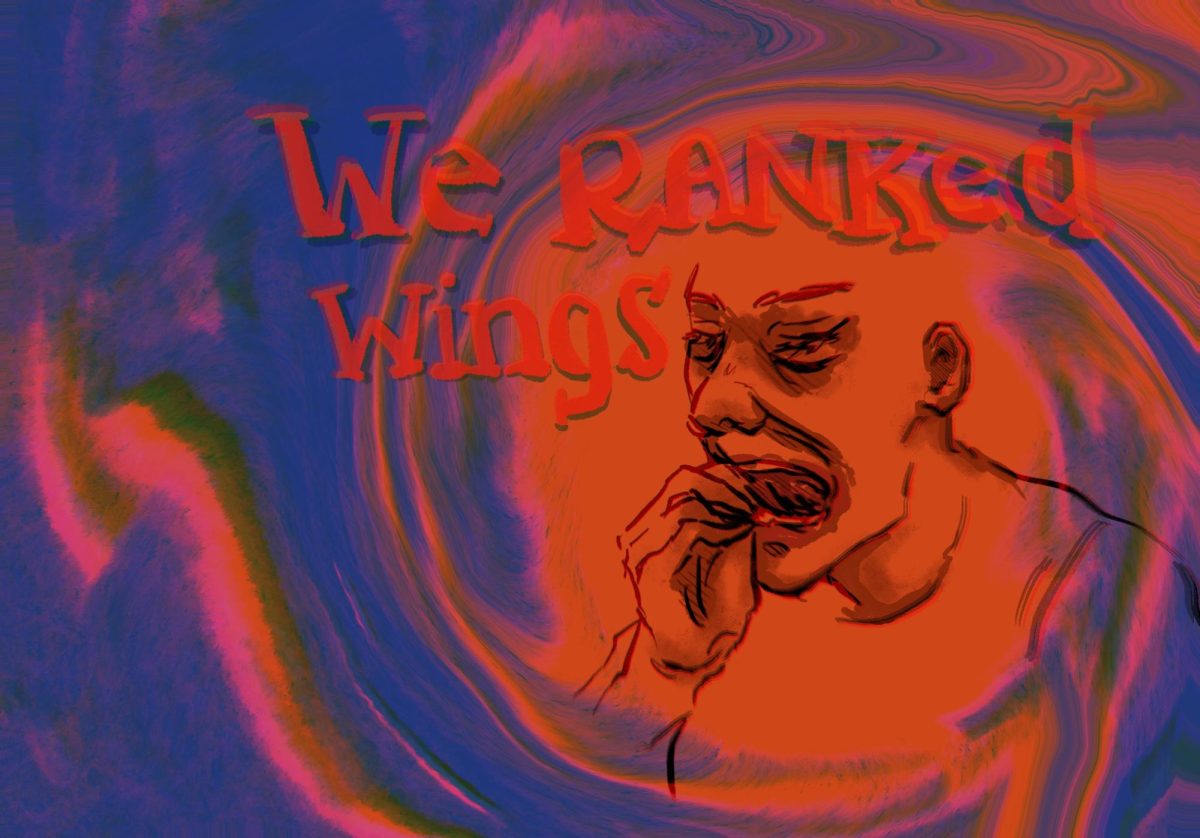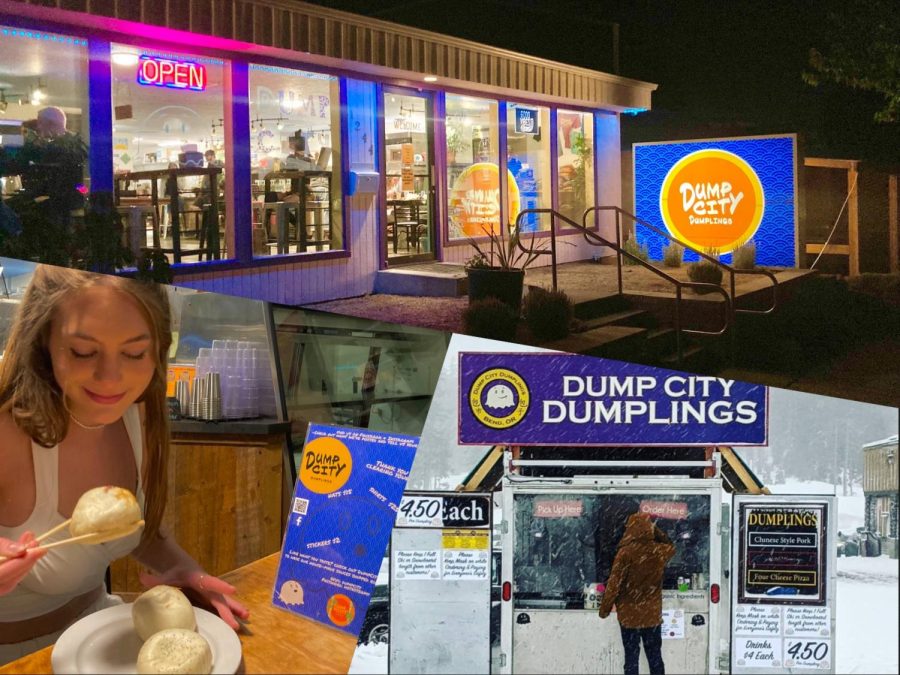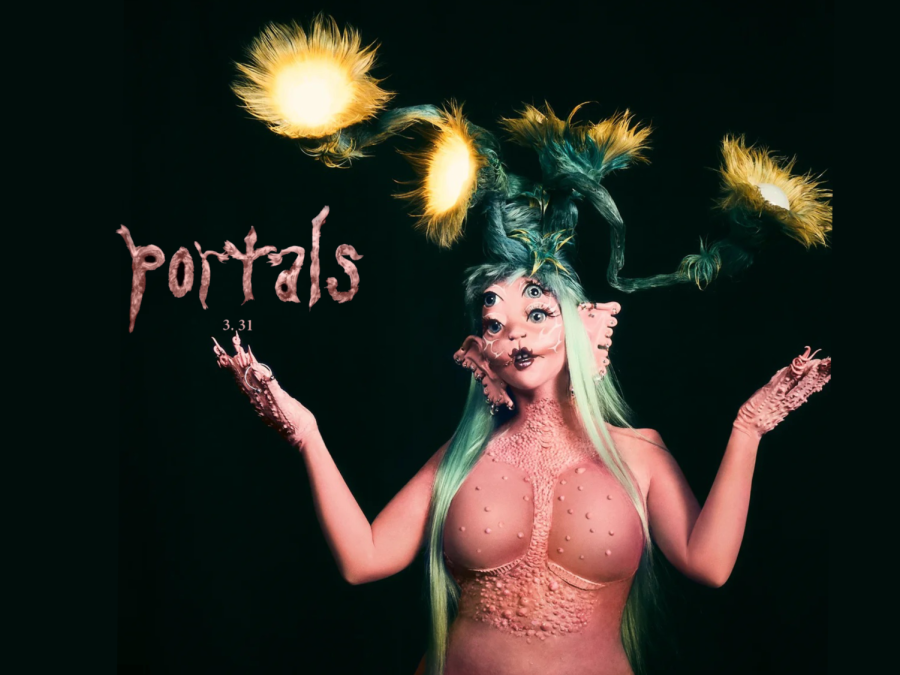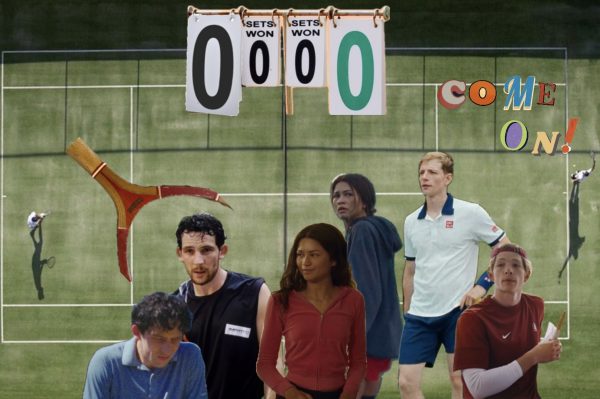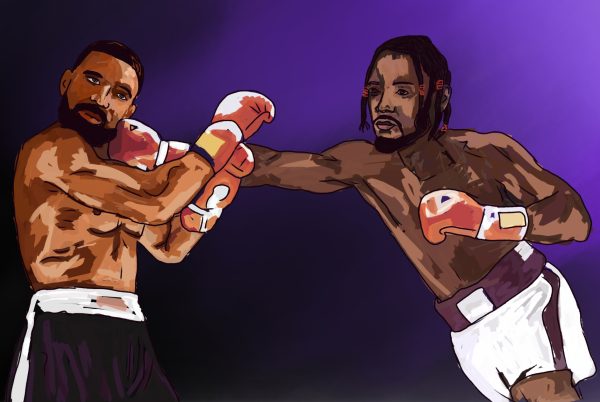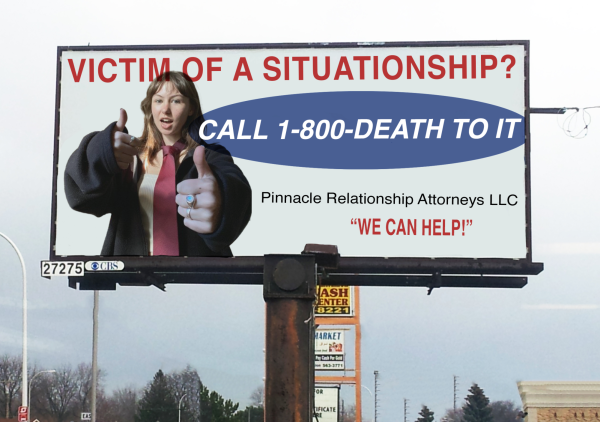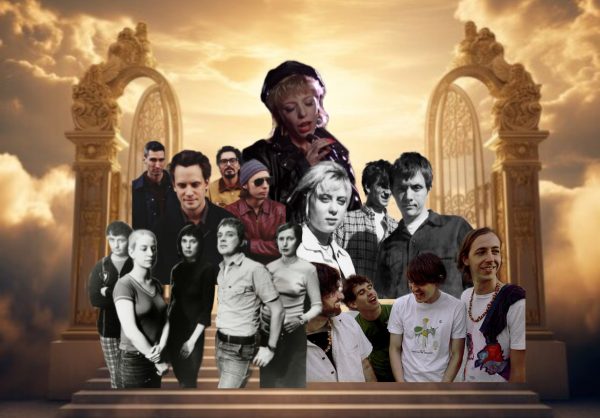Virtual Love
October 15, 2020
After watching the newly released Netflix documentary “The Social Dilemma,” I instantly deleted 75 percent of the apps on my phone. The documentary gives insight into just how much social media has taken over society–and how little most people know about its direct impact on our personal lives. Our phones are the basis of our communication, and our dependence on them has made life seem impossible in their absence.
But this phenomenon isn’t confined to just our contact with family and friends, but has drastically affected the way we find and fall in love, especially during this period of social and physical distancing. Here’s what love, particularly teenage love, in the time of coronavirus typically looks like: daily Snapchats of photos of half of one’s face, an occasional message with the picture but a crazed attachment to the almost meaningless communication.
The enchanting stories of our parents and grandparents meeting, on a blind date at the diner or skating around the roller rink, have most people in a day dream—they fell deeply in love with one another with no form of communication other than wholesome letters.
“My parents met in high school,” said senior Ava Storey. “After years of traveling and picture-perfect dates, they are now happily married and have been for 20 years.”
To most, this narrative seems feasible: nothing too out of the ordinary, the quintessential romance. But in today’s fast-paced, increasingly digital and screen-centric world, a proper dinner date is more intimidating and less palpable than ever before.
“They’re [high schoolers] much less comfortable taking risks…The number who have ever gone out on a date or had any kind of romantic interaction is dropping rapidly,” said businessman and computer scientist Tristan Harris in “The Social Dilemma.”
Meeting a boy in person makes me more scared and vulnerable than jumping out of a plane, even after talking with him over social media for weeks. We get so comfortable with someone’s online mannerisms even though real life interactions are where people’s true colors really shine. We lose the confidence we gain from our phones when we finally meet face to face. Again, straying away from our raw personalities.
“When I talk to boys over Snapchat they are usually so much more outgoing than when I actually meet them in person,”said junior Brylee Dickey. “I guess it is easier to hold a conversation when you have so much time to think about the perfect response.”
Our time sucking phone-based love interests only add to our dependency on our personal devices. If we can find a love affair through a selfie of a forehead with a heart drawn on it, then why leave the comfort of your screen?
On the other hand, social media has undoubtedly kept high school relationships intact even through this period of relative isolation.
“Communicating so easily with the people you care about is super relieving and it makes sending stuff to one another uplifting even when we can’t all be together,” said senior William Nyman.
Within the last couple of months, Nyman has maintained his treasured friendships with his peers while also managing to meet a couple of new people along the way. Adding that, although he can not meet any of them yet, he has gotten to know them fairly well.
Online relationships, whether it’s just friends or something more, do help us feel as if we are a part of something, even when sitting alone in our bedrooms staring at a screen. Snapchat, and most social media platforms, force teenagers to view one another in a way that doesn’t always convey real life personalities.
It can also be hard to accurately analyze what someone is saying when there is little to no emotion attached to the words on a screen. Oftentimes what people type is misinterpreted. For example receiving a reply of “OK” from someone of interest can mean something far different than replying just “K” even though the deeply rooted meanings are exactly the same. With a bit more edge and almost anger, the abruptness of “K” can change the whole course of a conversation.
“[Snapchat] makes communication casual and convenient but also causes people to look too much into the meaning of one Snapchat,” Nyman said.
Nyman admits that he has without a doubt fallen into the trap of overthinking simple messages. He says that even just throwing around jokes with his friends, messages can be so easily misinterpreted.
At this point it is common knowledge that social media is detrimental to mental health, and the smallest “K”, may seem insignificant but in the eyes of teen lovers it can be crushing.
If our society wants the next generation to flourish and experience more than just virtual love, we need to leave the screens behind and head out to the movies with butterflies in our stomachs, eager to meet our new potential lover.


